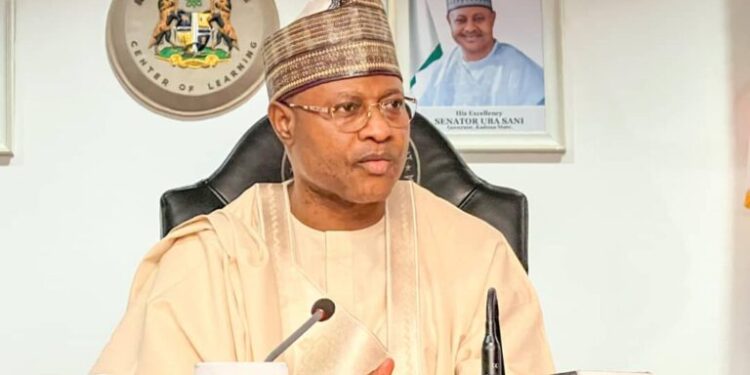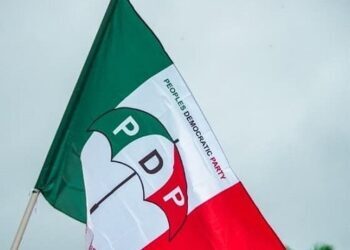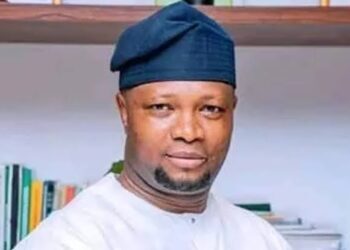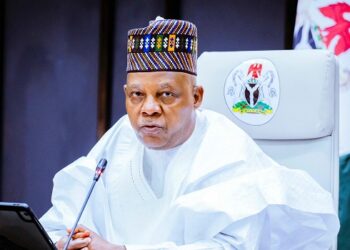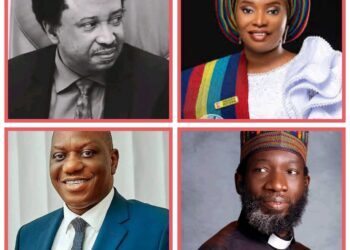The event was witnessed by thousands of APC supporters from Southern Kaduna and political stalwarts from across the state who passed a vote of confidence on Sani’s administration.
The decampees comprised serving and former federal legislators, as well as lawmakers from the State House of Assembly, former Council Chairmen, State party chairmen and flag bearers of the opposition parties.
Those who left the Peoples Democratic Party(PDP) included Sen. Danjuma Laar, the immediate past Senator who represented zone 3, Godfrey Gaiya, a former House of Representatives member and Ado Audu, a three-time member of the House of Representatives.
The representative of Zangon Kataf/Jaba Federal Constituency, Amos Magaji and Donatus Mathew, another member of the House of Representatives, representing Kaura Federal Constituency, also defected to APC.
Others were State legislators like Henry Zakarieh, representing Jaba Constituency, Samuel Kambai from Zango Constituency and Mr Emmanuel Kantiok of Zonkwa Constituency.
Also, the former Council Chairman of Jemaa Local Government, Mikiah Tokwak, former Vice Chairman, Sunday Baba and former Chairman of Kauru Local Government, Paul Wani had moved into the APC.
Similarly, former PDP Chairman in Kagarko Local Government, Shehu Tafarke, former NNPP State Chairman, Ben Kure and his successor, Nuhu Audu, including the state chairman of Labour Party, Isah Ciroma were now APC members.
Speaking at the ceremony, Sani explained that APC was now taking over Southern Kaduna which used to the political enclave of PDP as his administration was anchored on justice.
According to the Governor, he is abiding to the oath of his office by being just to every segment of the state, irrespective of party affiliations or ethno-religious backgrounds.
Sani emphasised that after any election, politics should take the back seat while governance takes the centre stage, adding that that was the hallmark of leadership.
The governor said that the focus of his administration was to bring about peaceful coexistence in order to achieve even development, arguing that if there was no peace there would be no development.
He said that President Bola Tinubu was pleased with what has been happening in the state, saying ” he wants the state to be a model of peaceful coexistence and that is why he has been supporting it.
“Tinubu had told him three days ago, that the Kaduna Light Rail project and the Kwoi-Kafanchan road are in the 2025 budget.”(NAN)


